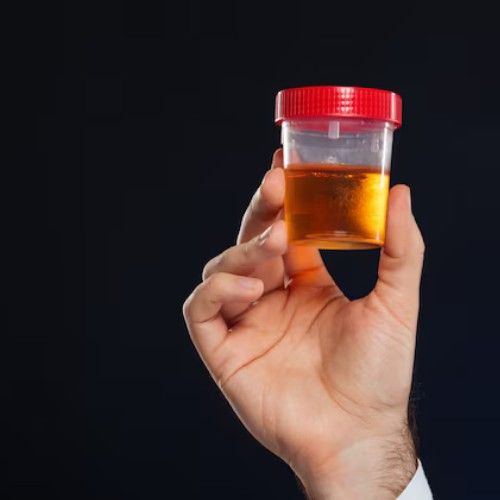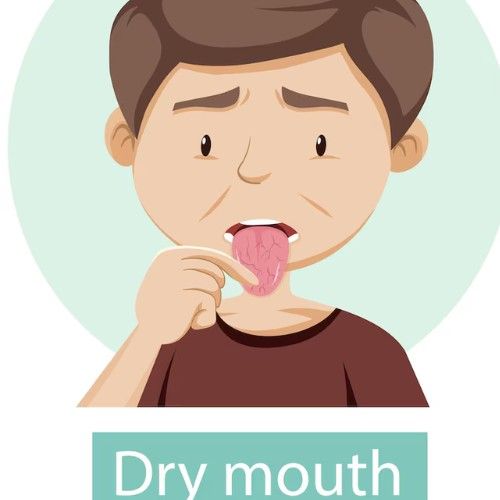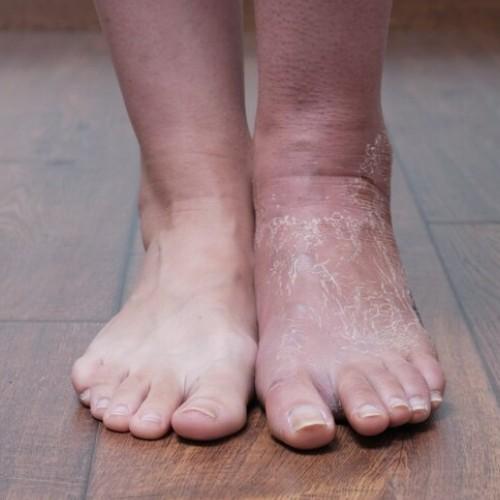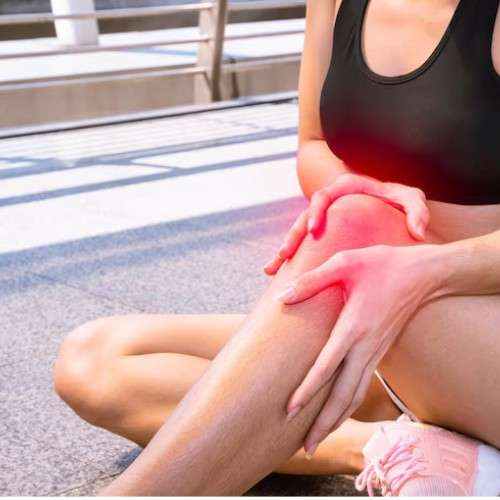What are the Symptoms of Dehydrated Kidneys?
Your kidneys are the unsung heroes of your body; they filter waste, balance fluids, and keep things running smoothly. However, when dehydration sets in, these critical organs may begin to issue distress signals. Dehydration is not just about being thirsty; it can also do a number on your kidneys and overall health. In this blog post, we’ll take a deep dive into the symptoms of dehydrated kidneys, what causes them, and how you can maintain happy and healthy kidneys in your day-to-day life. Let’s get started!
Effects of Dehydration on Kidneys
Before we list the symptoms, let’s take a quick look at what dehydration does to your kidneys. Your kidneys depend on enough water to filter waste and poisons from your blood and produce urine as a result. When you’re dehydrated, there isn’t as much water in your bloodstream, which makes it harder for your kidneys to do their job. In the long term, this stress can cause these patients to have a variety of symptoms, and in a worst-case scenario, even some complications, if they are not addressed.
Dehydration can result from not drinking enough water, excessive sweating, vomiting, diarrhea, or certain illnesses. When your kidneys aren’t getting the fluids they need, they signal the alarm. Here’s what to look out for.
How to Know if Kidneys are Dehydrated?
Some of the classic kidney dehydration warning signs are:
1. Dark or Infrequent Urine

One of the first signs of dehydrated kidneys is a change in your urine. Normally, urine is pale yellow, but when you’re dehydrated, it can turn dark yellow, amber, or even brownish. This happens because your kidneys are conserving water, making your urine more concentrated. You might also notice you’re peeing less often or in smaller amounts. If your urine looks like iced tea instead of lemonade, it’s time to grab a glass of water!
2. Fatigue and Low Energy

Feeling sluggish or tired for no apparent reason? Dehydrated kidneys can contribute to fatigue. When your kidneys aren’t filtering properly due to low fluid levels, waste products can build up in your blood, leaving you feeling drained. Plus, dehydration reduces blood volume, which means less oxygen gets to your muscles and brain, zapping your energy.
3. Dizziness or Lightheadedness
If you stand up and feel woozy, dehydration might be affecting your kidneys and blood pressure. Dehydration lowers blood volume, which can cause a drop in blood pressure, leading to dizziness or even fainting. Your kidneys help regulate blood pressure, so when they’re struggling, you might feel off-balance.
4. Dry Mouth and Thirst

While thirst is an obvious sign of dehydration, it’s also a signal your kidneys are craving more fluids. A persistently dry mouth, sticky saliva, or cracked lips can indicate your body is running low on water. Your kidneys are working overtime to conserve what little fluid they have, which can amplify these symptoms.
5. Swelling or Edema

This one might sound counterintuitive; how can dehydration cause swelling? When your kidneys are dehydrated, they may not balance fluids and electrolytes properly, leading to fluid retention in places like your ankles, feet, or hands. If you notice puffiness along with other symptoms, it could be a sign that your kidneys are struggling.
6. Muscle Cramps
Dehydrated kidneys can disrupt the balance of electrolytes like sodium and potassium, which are crucial for muscle function. This imbalance can lead to painful muscle cramps, especially during exercise or at night. If you’re getting random cramps, dehydration might be the culprit.
7. Headaches

Headaches are a common dehydration symptom, and your kidneys play a role here, too. When fluid levels drop, blood flow to the brain decreases, triggering headaches or even migraines. If you’re prone to headaches and notice other kidney-related symptoms, dehydration could be the link.
8. Kidney Pain or Discomfort
In severe cases, dehydrated kidneys can cause pain in your lower back or sides, where your kidneys are located. This discomfort might feel like a dull ache or sharp pain, especially if dehydration has led to concentrated urine or early signs of kidney stones. If you feel this, it’s a red flag to hydrate and possibly see a doctor.

Why You Shouldn’t Ignore These Symptoms
Ignoring the signs of dehydrated kidneys can lead to bigger problems. Chronic dehydration can strain your kidneys, increasing the risk of kidney stones, urinary tract infections (UTIs), or even acute kidney injury. Over time, repeated stress on your kidneys could contribute to long-term damage. The good news? Most dehydration-related symptoms can be reversed by rehydrating your body and making a few lifestyle tweaks.
How to Keep Your Kidneys Hydrated
Now that you know the symptoms, let’s talk about keeping your kidneys in tip-top shape. Here are some practical tips:
- Drink Plenty of Water: Aim for 8–10 cups of water daily, more if you’re active or live in a hot climate. Listen to your body; if you’re thirsty, drink up!
- Eat Hydrating Foods: Fruits like watermelon, oranges, and cucumbers are packed with water and electrolytes.
- Limit Sugary Drinks and Caffeine: These can dehydrate you if consumed in excess.
- Monitor Your Urine: Pale yellow urine is a good sign you’re hydrated.
- Stay on Top of Electrolytes: If you’re sweating a lot, consider drinks with electrolytes to replace sodium and potassium.
- Talk to a Doctor: If you notice persistent symptoms like kidney pain, swelling, or dark urine, seek medical advice to rule out underlying issues.
When to Seek Help
Most dehydration symptoms can be managed by drinking water and resting, but some signs warrant a trip to the doctor. Contact a healthcare provider if you experience:
- Severe kidney pain
- Blood in your urine
- Persistent swelling or dizziness
- Symptoms that don’t improve after rehydrating
These could indicate a more serious issue, like kidney stones or an infection, that needs prompt attention. Do not ignore them as kidney issues from dehydration can turn severe quickly.
Final Thoughts
Your kidneys work hard to keep you healthy, but they need proper hydration to do their job. By paying attention to dehydrated kidneys symptoms like dark urine, fatigue, or dizziness, you can catch dehydration early and give your kidneys the support they need. Make hydration a daily habit; your body will thank you! If you’re ever unsure about what you’re experiencing, don’t hesitate to check in with a healthcare professional for peace of mind.









